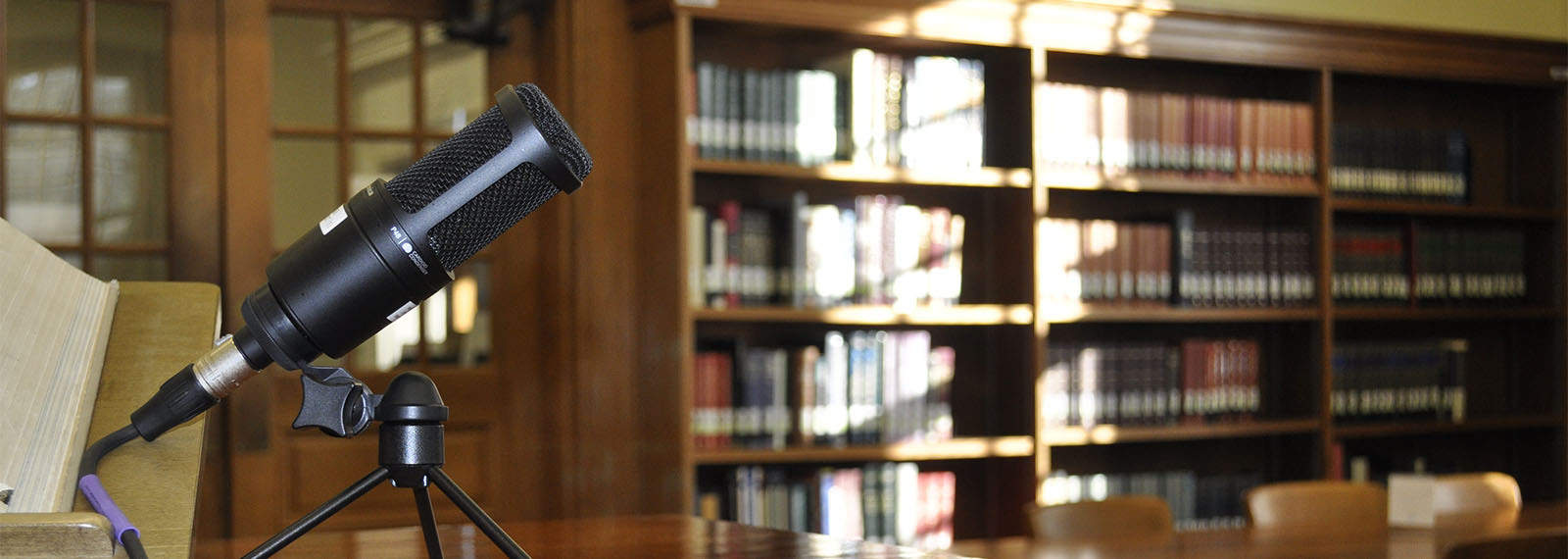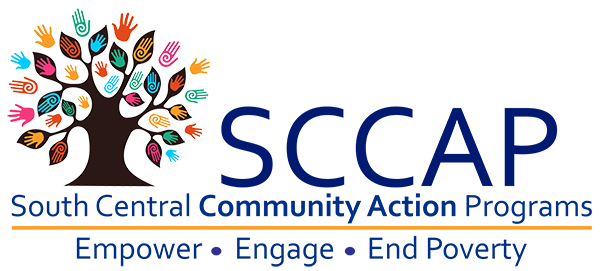
10.7K
Downloads
246
Episodes
An exploration of church and society produced by the United Lutheran Seminary with campuses in Gettysburg and Philadelphia, PA.
Episodes

Tuesday Mar 28, 2023
What is a Public Defender?
Tuesday Mar 28, 2023
Tuesday Mar 28, 2023
Recorded at the Adult Discussion Class at St. James Lutheran Church, this episode is centered on the career of Kristin Rice who recently retired as the Chief Public Defender of Adams County in Gettysburg, Pennsylvania. She defined and described the role of the Public Defender’s Office: the type of cases the office must take, the unique structure of the Pennsylvania Public Defenders Office, and the caseloads of the lawyers in the office (from DUI and immigration to death row). Listeners will be privy to two cases that illustrate the work of the Public Defender’s Office and highlights her 21 years as the county’s chief Public Defender.

Monday Mar 28, 2022
The Reflections of an African American Police Chief
Monday Mar 28, 2022
Monday Mar 28, 2022
Darius Potts, Chief of Police in Ankeny Iowa, discusses the challenges facing law enforcement officers during a time of distrust and gaps between the police and the community. He is the first African American to be Police Chief in Ankeny, IA.
As Chief, he feels that one of his responsibilities is to decrease the stress levels that his officers face. That is accomplished in part by promoting communication and yearly structured mental health support for every officer.
Throughout his career in law enforcement, Potts has had to strike a balance between being an officer and dealing with the experiences of those in the communities he served. He explains the importance for both officers and the community to understand the long history of mistrust of police and that it is not a new phenomenon. African American candidates in law enforcement especially must grapple with this as they consider the profession.
Ankeny is a growing community, but the recruitment of officers is down. Fewer people are taking an interest in this profession. At present, his department is down seven staff members. The department will need more women and men for a growing community. Potts is optimistic about law enforcement and would encourage young people to consider it as their life work. With all the present-day challenges to law enforcement, Potts believes it is a noble profession.


Monday Mar 14, 2022
Hospitality, Bravery, and Doonesbury: A Conversation with Rev. Eric Shafer
Monday Mar 14, 2022
Monday Mar 14, 2022
The Seminary Explores catches up with The Rev. Eric Shafer, Senior Pastor of Mt. Olive Lutheran Church in Santa Monica, California before his upcoming retirement. He’s worn many hats in the past decades, including those of parish pastor, communications and fundraising executive leader, mentor, and partner in interfaith initiatives.
An ordained pastor in the Evangelical Lutheran Church in America, he is graduate of Muhlenberg College and Hamma School of Theology (now part of Trinity Lutheran Seminary at Capitol University). Rev. Shafer was recognized with a 2021 Partnership Award from The Westside Coalition for Housing, Hunger and Health in Santa Monica. He serves on the President’s Council of Lutheran Immigration and Refugee Service (LIRS), is a member of the Santa Monica Bay Area Human Relations Council and is a founder and board member of Students 4 Students Homeless Shelters.


Monday Feb 15, 2021
To Serve and To Listen
Monday Feb 15, 2021
Monday Feb 15, 2021
As a college student, Dr. David Crowner a Professor Emeritus at Gettysburg College, participated in the March on Washington in 1963. There were busloads of people who attended the peaceful demonstration. However, that was not the beginning of his interest in social action. His father who was a pastor, shared his work in Hispanic communities on Sunday afternoons with David. This experience helped make him aware of differences in how people lived. Dave also discussed his involvement with CORE (Congress of Racial Equality) and SNCC (Student Non-violent Coordinating Committee). Those seminal experiences helped to continue his interest in social action throughout his adult life. Dave emphasized the importance of social involvement to changing one’s worldview and encourages young people to continue to be involved in social action.
March On Washington 1963 (Trikosko, Marion S., photographer)

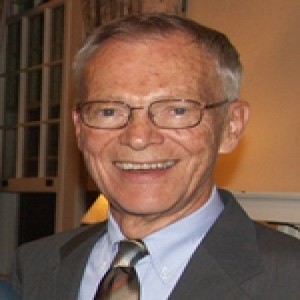
Monday Nov 18, 2019
C.A.R.E.S. Cares for a Community’s Homeless
Monday Nov 18, 2019
Monday Nov 18, 2019
Gettysburg C.A.R.E.S. is a local, inter-church, homeless initiative with no national affiliation, but can serve as a model for churches everywhere who want to serve their communities in an area of dramatic need: overnight accommodations for the homeless. Founded by Pastor Michael Allwein, Senior Pastor, St. James Lutheran Church, Gettysburg, C.A.R.E.S involves a dozen churches and volunteers who host, supervise and serve breakfast to dozens of individuals every night from October to April. Individuals and families are housed overnight in churches and provided with breakfast, and in a Resource House next to St. James, given access to showers and computers. They are also served by a medical clinic, social workers, and a full-time director.
The correct File has been uploaded as of 11/19/19 7:12 am. Sorry for the mix-up.


Monday Sep 23, 2019
Poverty: An American Dilemma
Monday Sep 23, 2019
Monday Sep 23, 2019
Leon Reed shares the results of recent studies on poverty in Adams County and Pennsylvania to help answer why poverty prevails in the U.S. even when the economy has flourished. The definition of poverty now includes single persons making $20,000 or less and a family of four making $59,000 or less. He observes that the two fundamental issues are jobs and housing. In the justice system, the poor who get charged with misdemeanors have difficulty making bail and paying fines, resulting in their return to prison. Meanwhile, federal and state funding has dropped drastically to the point where programs that help are being curtailed or shut down.

Monday May 06, 2019
Restoring Health in the World, One Disease at a Time
Monday May 06, 2019
Monday May 06, 2019
Kate Braband, Senior Associate Director of Program Development, Carter Center, Atlanta, Georgia describes the success that the Carter Center, initiated thirty years ago by President and Mrs. Jimmy Carter, has had in controlling guinea worm, one of the more painful and debilitating of the Neglected Tropical Diseases (WTD) in Central Africa. Not long ago, cases numbered in the thousands; today in the twenties. Guinea worm is controlled, not by vaccinations, but by changes in behavior, especially drinking filtered water. Education and supervision are largely in the hands of the locals. Other projects by the Carter Center derive from their mission of building hope, restoring health, and fighting for peace. To achieve these goals, the Center enlists national governments, the United Nations, and international corporations.
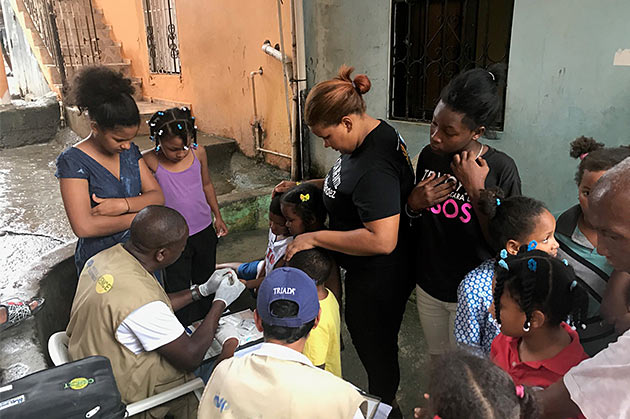

Monday Apr 08, 2019
Fresh Ideas for a New Congress
Monday Apr 08, 2019
Monday Apr 08, 2019
In this second interview, Leon Reed, former aide to Senator William Proxmire, suggests what we can expect from the new Congress in the next two years, although he admits that many of these ideas will not necessarily be approved by the Senate or signed by the president. In addition to continuing investigations into election interference, campaign reform, the tax bill, minimum wage, and “Obamacare,” he recommends two areas and two committees to watch. 1) In the Agriculture Committee, the pros and cons of tariffs. 2) In Homeland Security Committee, facts and figures about border security; the effect of global warming on the economy; and the disaster in Puerto Rico.
Listen to the first interview.


Monday Feb 25, 2019
The Housing Crisis in America
Monday Feb 25, 2019
Monday Feb 25, 2019
Megan Shreve, CEO, South Central Community Action Programs, Gettysburg, Pennsylvania talks housing on this episode of the Seminary Explores. The “Wage Gap,” perhaps the most significant contribution to the housing crisis, occurs when a working family on minimum wage does not qualify for aid, but doesn’t have enough to cover the necessities of food, health, transportation, and child care. In addition, declining resources from state and federal governments are threatening even the most basic programs such as overnight shelters. SCAAP has created two innovative, and biblical, programs that involve community resources. “Support Circles” provide dinner and child care as well as action strategies to rise out of the gap. “Gleaning” allows families to harvest agricultural products that growers can’t market.

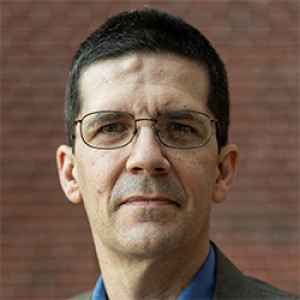
Monday Dec 03, 2018
Having Difficult Conversations by First Listening
Monday Dec 03, 2018
Monday Dec 03, 2018
Carla Christopher, a student at United Lutheran Seminary and a former Poet Laureate of York, Pennsylvania, talks about how we can have difficult conversations around challenging topics by creating a safe space where people can engage with one another and feel safe to be human. Conversations about race, diversity, and a gender can be difficult, but there are resources available to help any group or organization, no matter how small, to begin to share their life experiences with one another.
Learn more about Carla at carlachristopher.com and communityartsink.org.

